

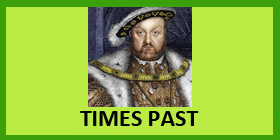
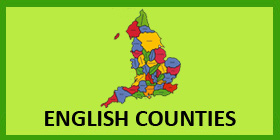
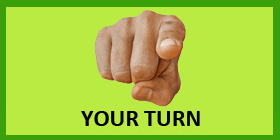
Back to the Intro Page





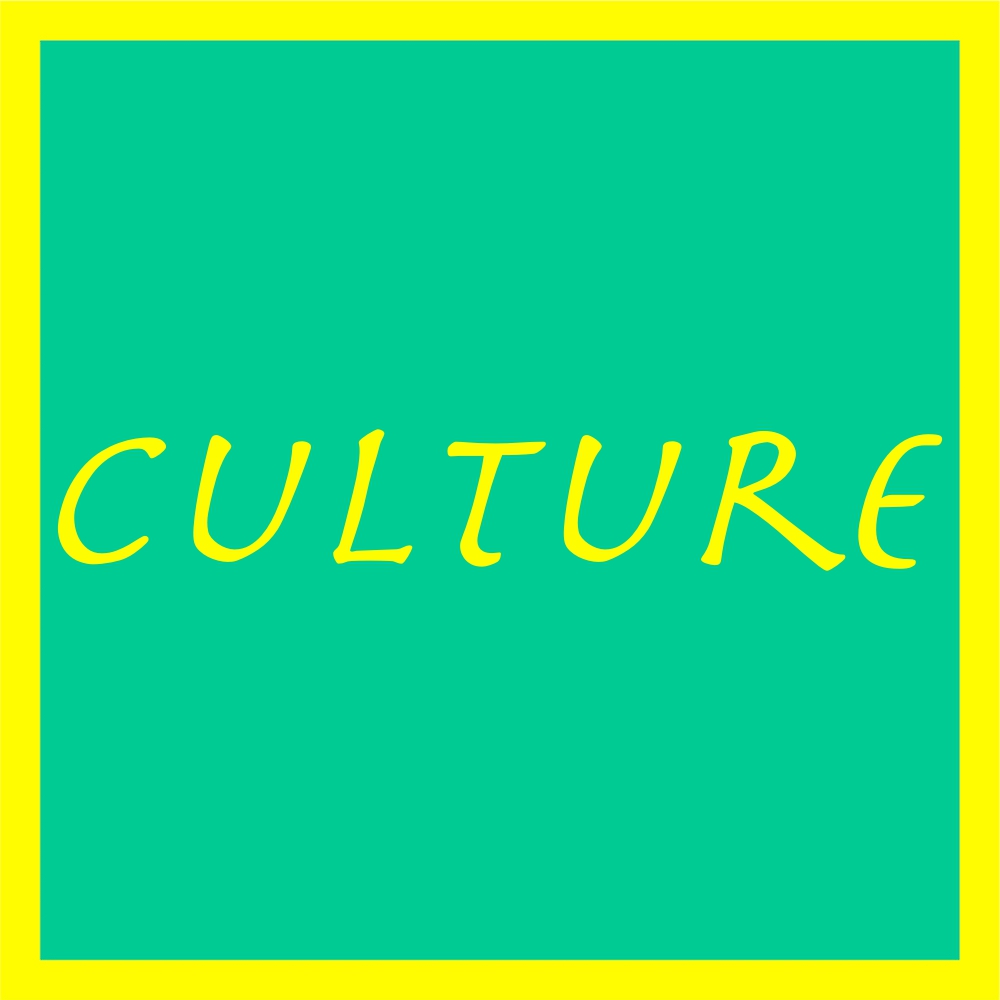
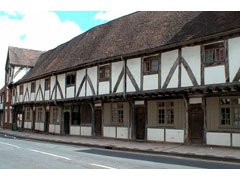
Only a small part of the population of 16th century England lived in towns but peasants would come into town to sell goods at weekly markets. Most ordinary people were either labourers in the country or craftsmen like tailors, carpenters, blacksmiths or shoemakers. There were 9,000 parishes in England and each had a church and priest. The parish had to look after the roads which were just tracks and also keep order. A watchman would walk around making sure all was well and shouting out the time. People in towns couldn’t grow their food so butchers, bakers, fishmongers and brewers would open shops. Fruit, milk and cheese were sold in a market. Explorers and merchants would combine to sell new food like tomatoes, sweetcorn, chillies and, in my view, sadly tobacco. Wool became a major export so landowners began to enclose their land to graze sheep meaning the poor had less land to farm. Life was full of danger. There were very few doctors and those that were around knew very little. Main cure was to bleed a patient. People would treat themselves with remedies handed down through generations and they would grow herbs and plants for this in a physic garden. In towns apothecaries, modern day chemists, would open shops. It was said that over 150 plants had medicinal properties. Giving birth was very dangerous. After the invention of the printing press, medical books were printed, written by medical experts who probably weren't. Most homes had no running water so it had to be collected in all weathers. Easy to drown in a river as woollen clothes absorbed water and became very heavy. Washing clothes would be done outside.
Back to the Houses of Lancaster and York Hoots - Daily LifeForward to the Stuarts Hoots - Daily Life

